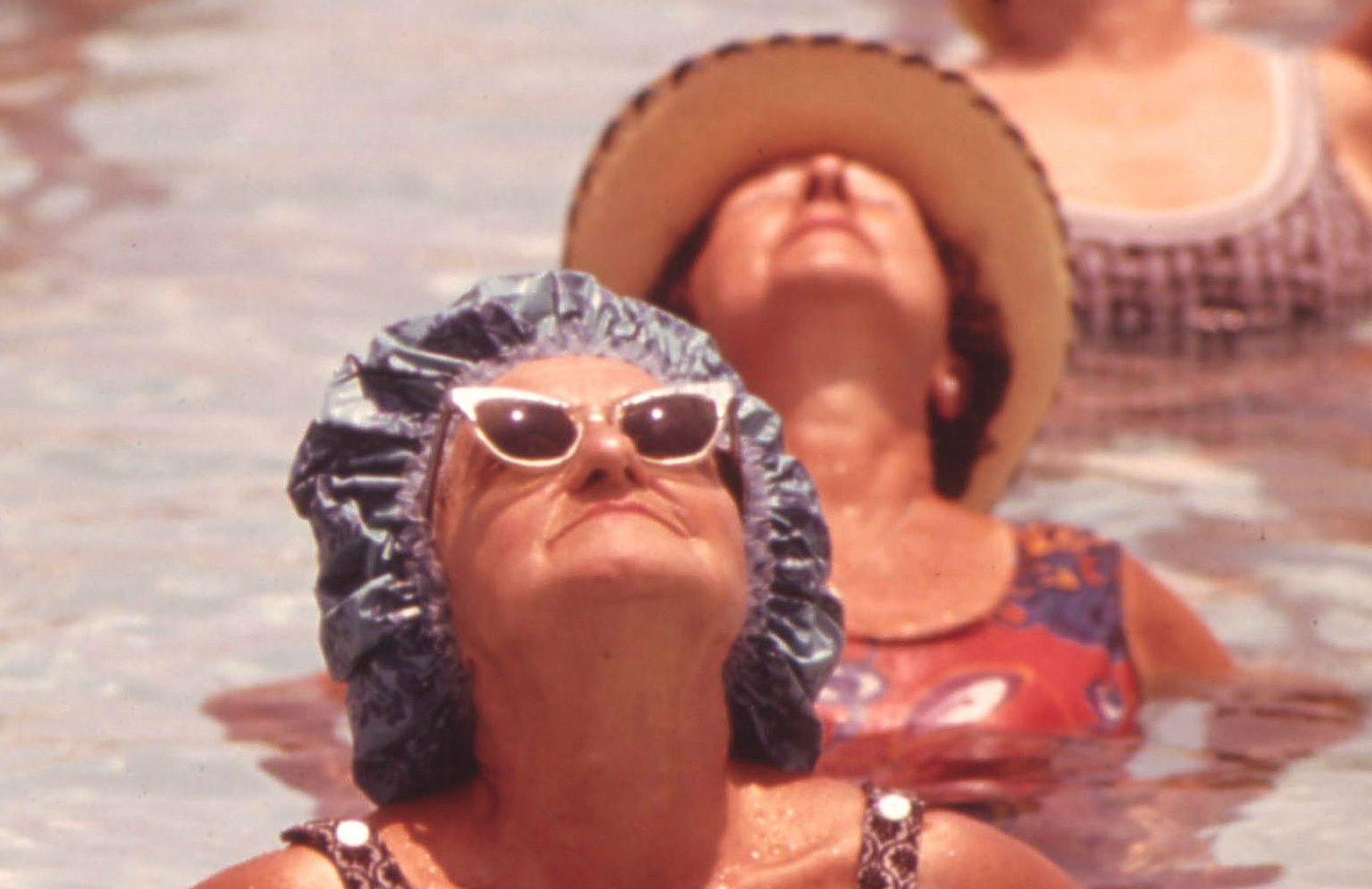On a recent trip, Sweetums and I stopped at historic Linwood Cemetery (founded 1828) in Columbus, GA. It was interesting for several reasons, including its intricate cast-iron fences (post coming later), an unusual Civil War cannon and graves covered with bricks, which is something I’ve never seen before.
STORY CONTINUES BELOW

It is also the burial spot of Gen. Henry Benning (1814-1875), for whom nearby Fort Benning is named.
But the most interesting grave site was that of John Stith Pemberton (1831-1888), the pharmacist credited with creating Coca-Cola. Pemberton was born in Knoxville, Ga., and raised in Rome, Ga. By the age of 19, he had earned his license to practice pharmacy from a Macon medical school. He would marry in 1853 and move to Columbus, where his wife lived.

Pemberton served as an officer in the Confederate army and was wounded in his chest in the Battle of Columbus, leading to an addiction to morphine, according to Richard Gardiner in his article “The Civil War origin of Coca-Cola in Columbus, GA.”
Coca-Cola, initially called Pemberton’s French Wine Coca, was developed while Pemberton experimented with alternatives to morphine and cures for addiction. Oddly, he used cocaine as an ingredient in his elixir thinking it would help overcome addiction. At the time, little was known about the effects of cocaine and it was eventually removed from the drink. Most historians now agree It was formulated in Columbus but it was first mass-produced in Atlanta, which claims to be the home of Coca-Cola, Gardiner said. Although he claimed it had health benefits, and was “invigorating” and “exhilarating,” Pemberton decided to sell the drink as a cola and it was later renamed. The secret formulas were sold before his death because his continuing war-wound pain and addiction left him bankrupt.
STORY and PHOTO GALLERY BELOW

Pemberton is buried beneath a slab etched with symbols of his Confederate service and Freemason membership. Visitors to his grave leave bottles of Coca-Cola and there were several there the day we went to pay our respects.



